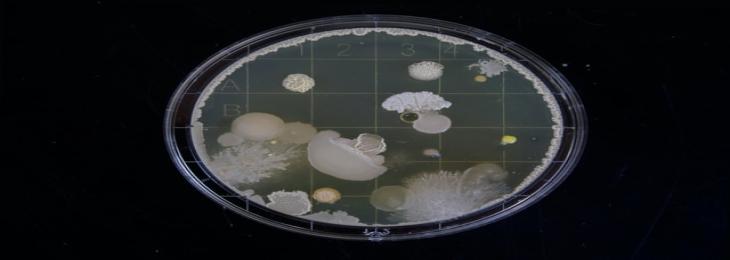Jun, 2022 - By WMR

When tested in animals, the new treatment of healthy probiotic bacteria is that produces live biotherapeutics in the gut proved to be safe and successful reducing complications of treatment
One of the studies published at annual meeting of American Society for Pharmacology and Experimental Therapeutics showed that genetically engineered probiotic bacteria can be an effective and potential treatment for Parkinson’s disease. The researchers created bacteria that synthesizes a consistent source of medicine in the gut of patient. When tested in animals, the new treatments was proved to be effective and safe.
In this new study, the researchers demonstrated an advance step forward in engineering the human probiotic’s new strain, E. Coli Nissle 1917, which is developed for synthesizing a drug called L-DOPA used for Parkinson’s treatment. L-DOPA is used for treating Parkinson’s patients for a very long time. It is a molecule that boosts dopamine. However, it was found that after five years of using L-DOPA patients develop side effects called dyskinesias. To tackle this issue, the researchers engineered a bacteria that can non-stop deliver this drug to the brain. The bacteria with that is genetically engineered consumes a molecule known as tyrosine and throws out L-DOPA.
The researchers tested the new treatment in mice where it was found that the engineered bacteria steadily and consistently delivers L-DOPA. When tested in animal models of Parkinson’s disease, this new treatment was found to improve cognitive, and motor functions in mice. Moreover, as reported by the team, the levels of L-DOPA that the bacteria produces can be controlled finely, by limiting the daily doses of bacteria or limiting consumption of sugar known as rhamhose, which is required for the bacteria to produce L-DOPA. The team is now working on developing this treatment further to use it for other diseases requiring constant measured drug doses.

We will be happy to help you find what you need. Please call us or write to us: